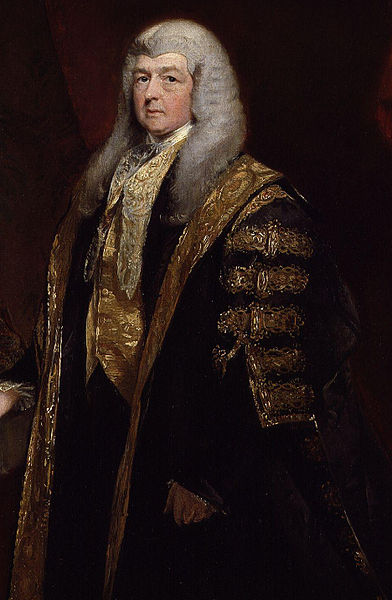Infinite photos and videos for every Wiki article ·
Find something interesting to watch in seconds
History by Country
Celebrities
Tallest Buildings
Best Campuses
Countries of the World
Largest Empires
Famous Castles
Largest Palaces
Presidents
World Banknotes
Supercars
Great Cities
Great Artists
Wonders of Nature
Great Museums
Richest US Counties
Ancient Marvels
Crown Jewels
British Monarchs
Sports
Animals
Orders and Medals
Wars and Battles
Rare Coins
Recovered Treasures
Kings of France
more top lists



